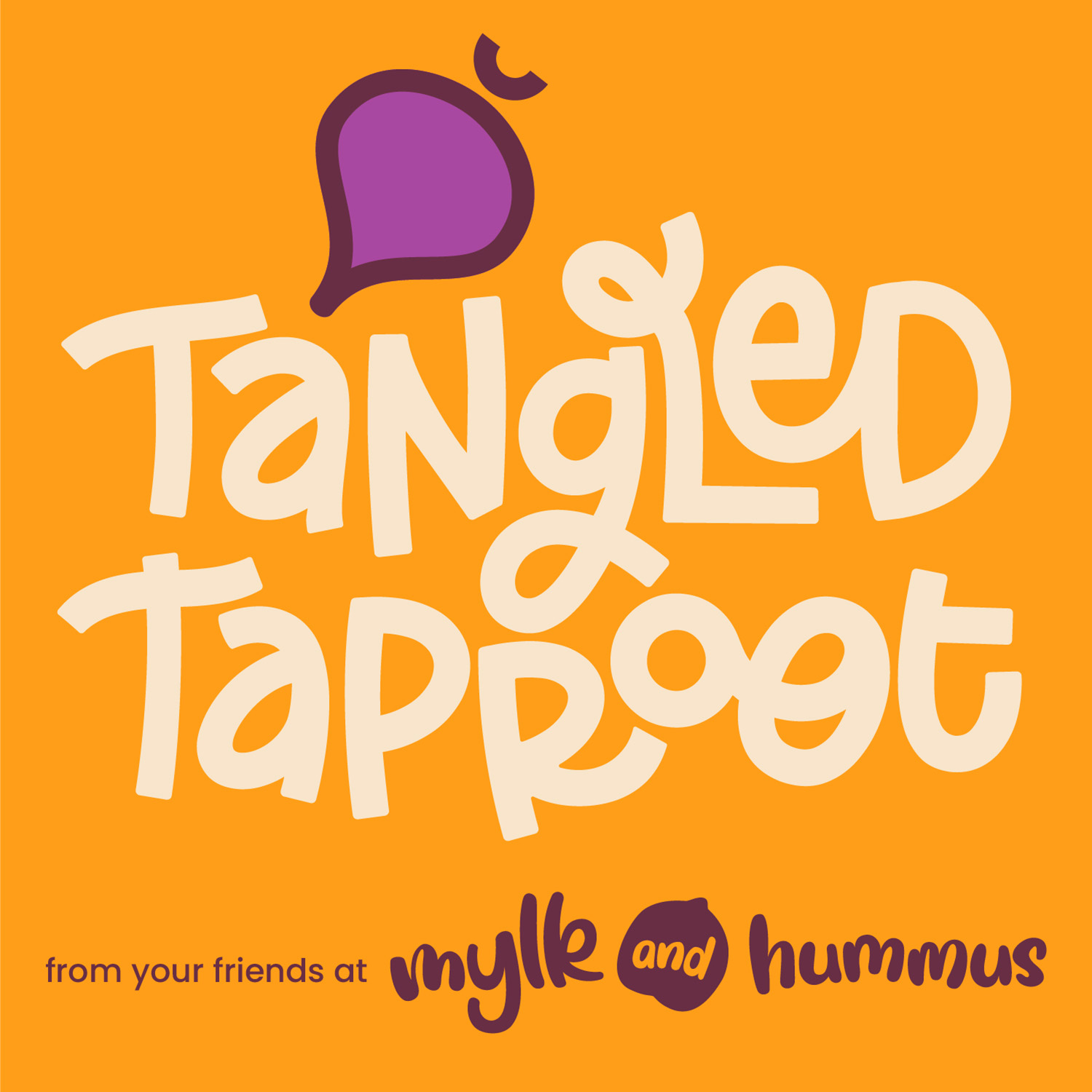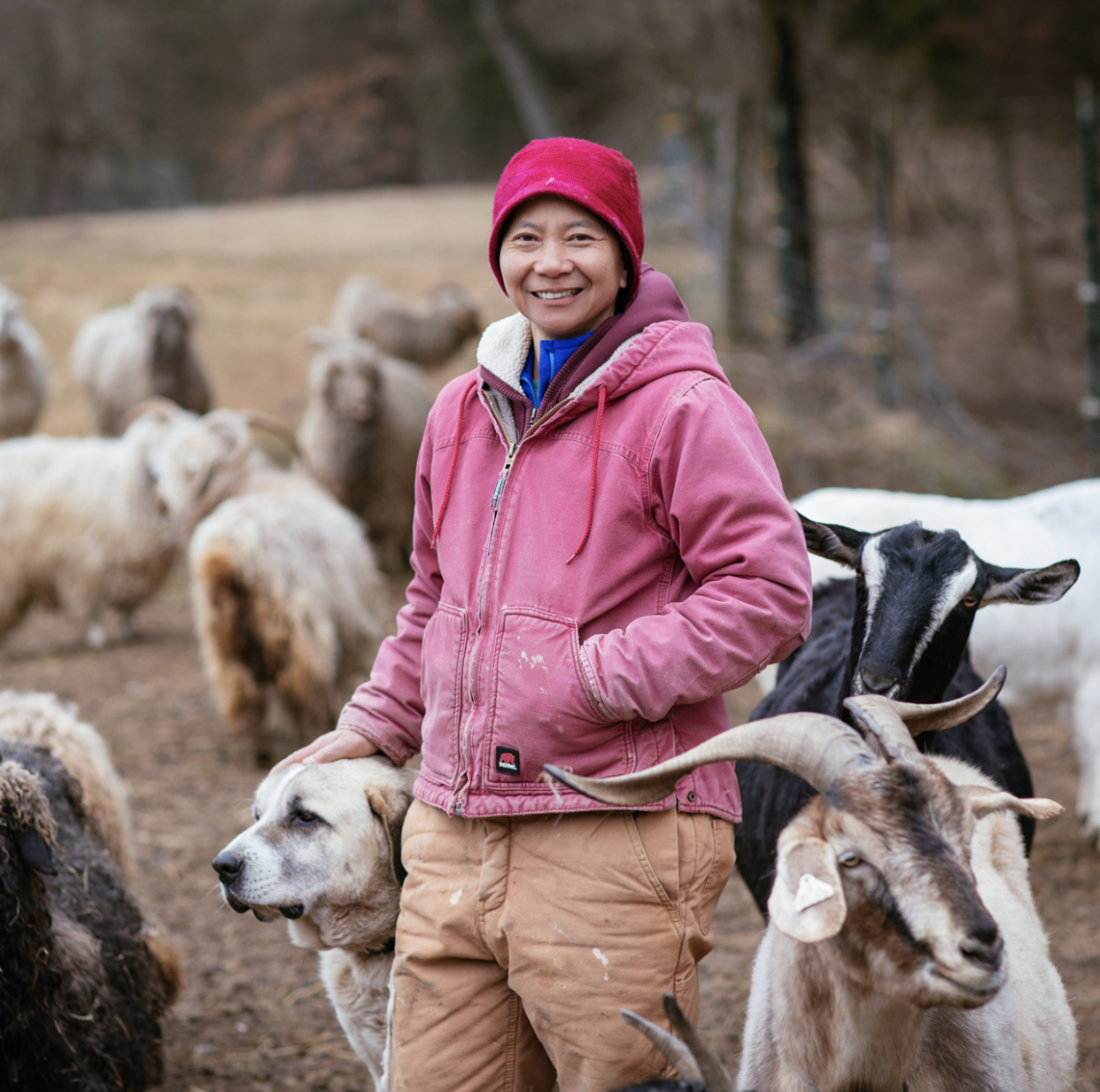In this episode, we’re talking everything biodynamic farming with guests Autumn Sij and Dave Blum of Such and Such Farm.
Such and Such is a 120-acre homestead near DeSoto, MO specializing in sustainably grown produce, responsibly raised animals, and other cool stuff. Founded in 2011, Autumn and Dave started with no previous farming experience; only the dream of living a better life. Dave works with inanimate objects (buildings, construction, etc) and Autumn works with the living (plants and animals). With the help of friends, mentors, and crew, Such and Such Farm has grown into the only “custom/boutique farm” in the St. Louis area, serving the community’s restaurant chefs.
You’ll hear about the learning curve the couple experienced while getting their farm started, how they use/reuse/sell every type of product and byproduct created by the animals and plants to be truly sustainable, and their journey to becoming a ‘boutique’ farm.
Most people only see the beautifully packaged, final food products at farmer’s markets and specialty grocery stores, but the Tangled Taproot podcast will showcase unique stories from small-scale midwestern farmers, entrepreneurs, and other thought leaders in regenerative agriculture. Guests will share their successes, challenges, and future goals for their own companies and for the sustainable farming industry. The podcast is brought to you by St. Louis-based sustainable food startup Mylk and Hummus, and hosted by M & H Founder John Cowan, Kitchen Manager and Recipe Developer Christin Jameson, and Jackson.
Founded in 2020 by John Cowan, Mylk and Hummus makes on-the-go, chickpea-based snacks that focus on flavorful hummus varieties and ready-to-drink plant-based lattes. Mylk and Hummus products nourish the physical and mental endurance needs of today while considering environmental goals for the future. At Mylk and Hummus, plant-based food is made with ingredients proudly sourced through sustainable and regenerative agriculture where farming principles and practices enrich soils, restore watersheds, and lead to healthy ecosystems. The company operates on these principles to significantly reduce our carbon footprint and contribute to the reversal of global trends in climate instability, habitat loss, and the vitality of the natural world.
Discussion Points:
Resources:

In this episode, our guest is Crystal Stevens, an herbalist, educator, author, and farmer who co-runs Flourish Farmstead with her husband, Eric. You’ll hear...

In this episode, our guest is Rosalie Truong, Chief Farmer and Owner of Grand Army Farm in Labadie, MO. Rosalie was raised in Vietnam...

How do innovative ‘agroecological’ techniques enable Fox Holler Farmstead to both enhance animal welfare and maximize land productivity? In this episode, Tangled Taproot chats...